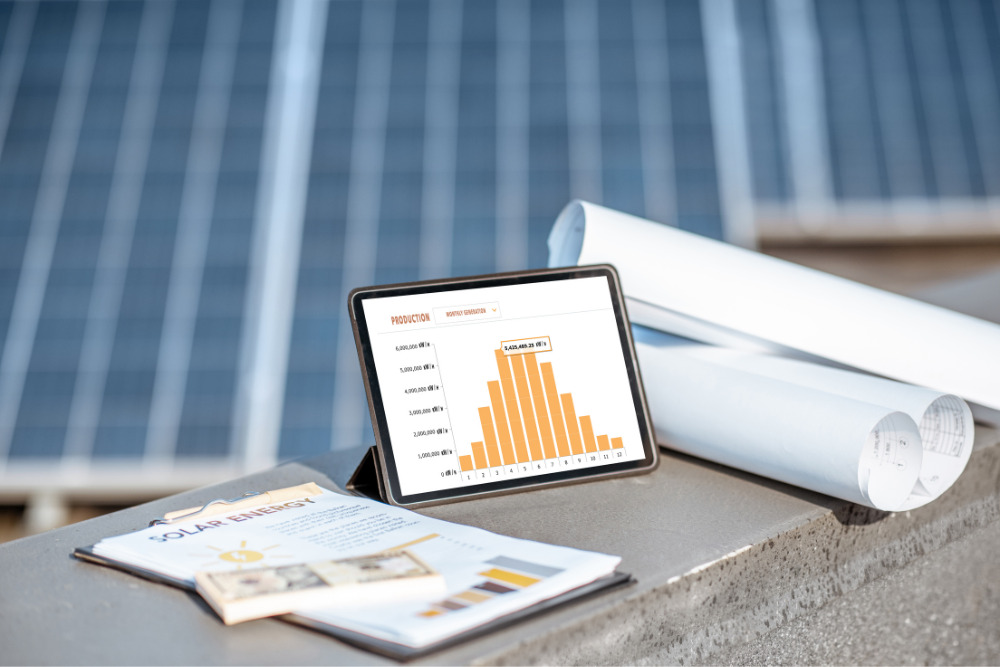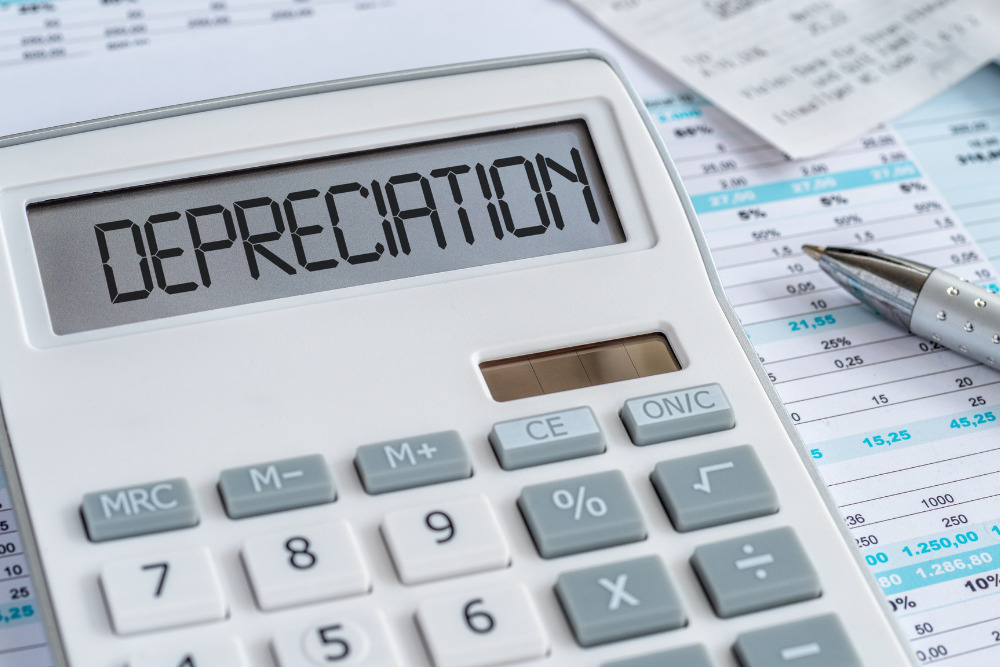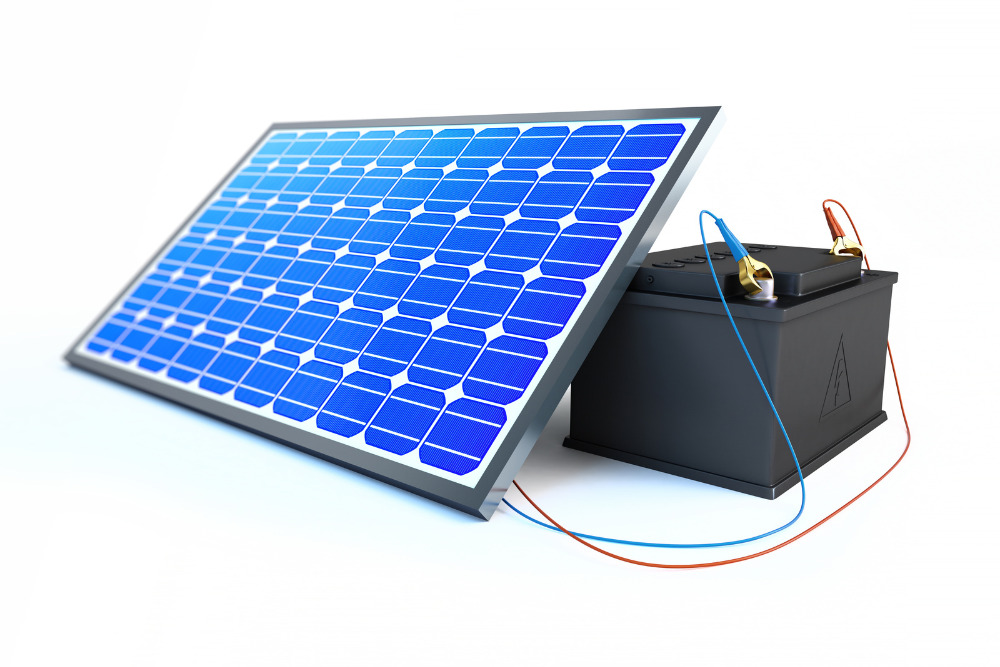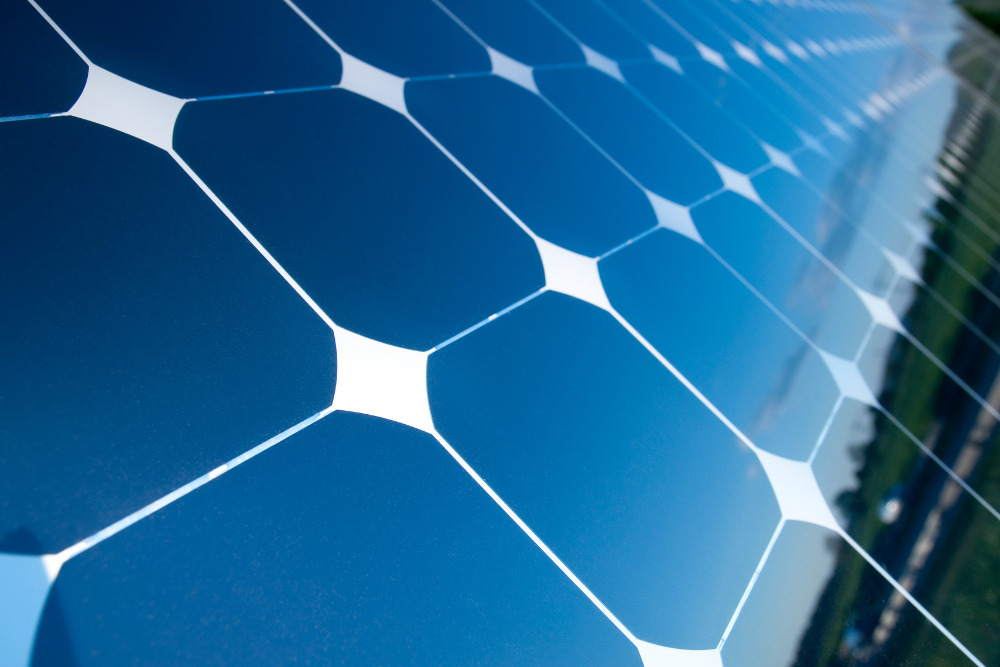
Commercial solar energy offers significant business value by providing companies with cost savings and sustainability benefits, increasing the market value of owned assets, and attracting environmentally conscious consumers.
In addition to lowering electricity bills and reducing your business’s reliance on fossil fuels, going solar adds value to a business in many other ways.
While the impact to your operating costs and bottom line may be immediately apparent, your commitment to sustainability will have a ripple effect for years to come as your business attracts new customers and employees whose vision aligns with yours.
Does Solar Power Add Value To Your Business?
Solar power (or photovoltaic power) adds value to your business in multiple ways, including increasing the actual market value of your building and freeing up cash by reducing operating costs.
- The actual market value of your building is increased by owning solar equipment, as it adds a renewable energy asset and potential energy savings for prospective buyers or tenants.
- By reducing energy costs through solar panel systems, businesses improve cash flow and allocate it towards other areas such as expansion, research and development, or employee benefits.
- Adopting solar power demonstrates a commitment to sustainability. Reducing your business’s emissions and carbon footprint improves customer perception and attracts environmentally conscious consumers.
- Utilizing SolarSkins as a branding opportunity further enhances your business value by showcasing your commitment to renewable energy in a visually appealing way.
- Other factors, such as the ability to take advantage of government incentives and grants, like the federal tax credit (ITC), the potential for energy independence, and the resilience offered by solar power during power outages also contribute to the value solar power brings to your business.

What Is The ROI Of Commercial Solar?
The return on investment (ROI) of commercial solar depends on the size of the system, installation costs, the amount of sunlight the system receives, and local electricity costs
Paradisesolarenergy.com released average ROI figures for businesses with solar installations across five states:
Delaware: 12.18% (it will take 8.25 years for the energy savings of an average business in Delaware to pay off its solar system installation costs)
Maryland: 16.51% (8.3 years)
New York: 9.7% (9.5 years)
Ohio: 9.09% (12.6 years)
Pennsylvania: 11.13% (11 years)
Virginia: 12.73% (9.7 years)
According to Centricabusinesssolutions.com, the usual payback time in a sunnier state like California is only 4.5 years, although this will increase when Net Energy Metering (NEM) 3.0 is introduced.
How Much Money Will Solar Save Your Business?
Solar power saves business owners significant costs through various means:
- Tax credits and incentives: Businesses reduce upfront costs and accelerate their return on investment by taking advantage of financial incentives like the federal clean energy tax credit and investment tax credit, along with potential rebates.
- Lower electricity bills and net metering: Solar energy systems also lower energy bills by offsetting a portion of the electricity consumed. The higher energy prices are in your area, the more you save. You can also get energy credits to further reduce your utility bill through net metering, which sends excess energy generated back to the grid.
- Solar equipment depreciation: Additionally, the depreciation of solar equipment under the Modified Accelerated Cost Recovery System (MACRS) further enhances financial savings, ultimately boosting the bottom line for businesses that invest in a solar power system.

Can You Install Solar Panels On A Leased Commercial Property?
You can install solar panels on a leased commercial building. However, consider the following:
- Get permission from the landlord. Most property owners are happy to allow tenants to install solar panels, as green energy sources increase the property value. However, some landlords may have specific requirements or restrictions. For example, they may ask you to use a particular solar installer or that you remove the panels when you leave the lease.
- The solar installation must not damage the roof or the building. You should also ensure the solar panels do not obstruct fire escapes or other emergency access points.
- Talk to the building owner about who bears responsibility for the solar panels. If you own the panels, you will have to pay for insurance and any maintenance and repair.
- Consider the financial implications of installing solar panels. The expense of a solar panel installation depends on the system size and the location of the building. However, the cost of solar panels has been declining in recent years, and the savings on your energy bills offset the installation cost within a few years.
If you wish to install solar panels on a leased commercial building, do it correctly: contact multiple solar companies for a free quote and discuss your options.
Here are some other factors to bear in mind when installing solar panels on a leased commercial building:
- Your lease agreement may contain specific provisions regarding the installation of solar panels. For example, the lease agreement may require that you obtain the landlord's written consent before installing solar panels.
- Your local government may have zoning or permitting requirements that you must comply with before installing commercial solar panels.
- You may need to purchase additional insurance coverage to protect your business in case of fire or other damage to the solar panels.


